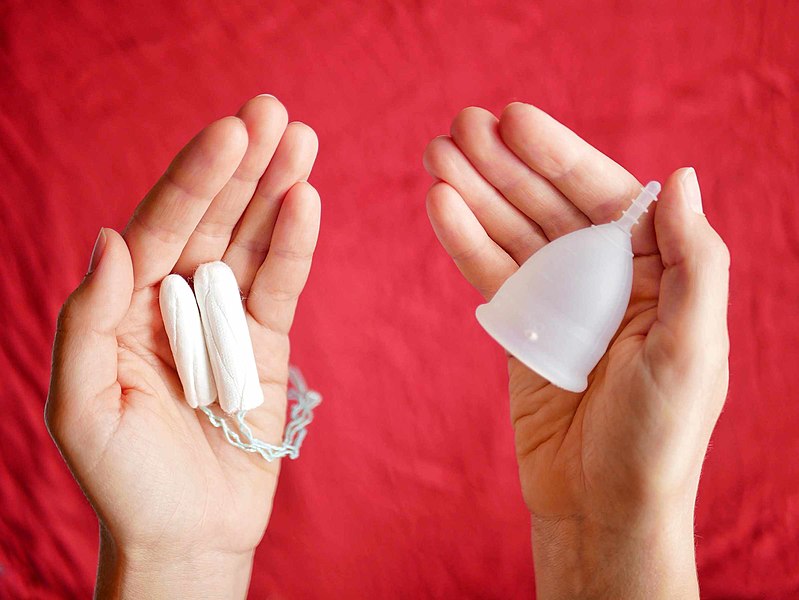Countries Fight Period Poverty in Europe

In 2020, several countries in Europe took a stand against period poverty that inspired current efforts in other European countries. The United Nations Population Fund defines period poverty as “the struggle many low-income women and girls face while trying to afford menstrual products.” The term also refers to the lack of access to water, hygiene and sanitation (WASH) facilities necessary to properly manage menstruation.
While some women have limited access to period products, others have none. According to the French organization Rules Elementary, an estimated 500 million women experience period poverty across the globe. The inability to manage menstruation through the necessary products pushes girls and women to miss school and work. In fact, around 100 million girls “miss up to one week of school a month” because they lack period products. In Europe, the average woman spends €27,000 on period products in a lifetime. According to European Waves, “the data [on period poverty in Europe] is fragmented, and in Europe as [a] whole, there are no official numbers on the issue.” However, “in individual countries, estimates all fluctuate around 10%, meaning [one] in 10 menstruators experience period poverty.”
Scotland and France’s Early Efforts
In November 2020, Scotland became the very first nation on the globe to provide free period products to all its residents. Women in need of period products can find them free in public places such as “community centers, pharmacies and youth clubs.”
The French Institute for Public Opinion has found that 1.7 million women experience period poverty in France. Furthermore, in a survey of 6,500 females in France, 13% stated that, at some point in their lifetimes, they had to choose between purchasing period products or purchasing an essential item, such as food. The government of France pledged €1 million to go directly to schools to provide free period products to students. France also announced plans for an initiative to begin in October 2020 “to set up free, organic hygiene product dispensers in 31 French high schools.”
Period Poverty in Belgium’s Prisons
In a November 2020 article, The Brussel Times reported on a survey by Caritas Vlaanderen, known for its humanitarian work in Flanders, Belgium. The survey found that, at times, 12% of females ages 12-25 did not have the financial means to purchase period products. Looking at period poverty figures among girls who live in poverty in Belgium, the numbers rise to 45%.
As part of Belgium’s efforts to make period products available to all women, the nation announced on May 17, 2022, that period products would be free for its female prisoners. The 500 prisoners in Belgium will receive 300,000 tampons and pads for free. In the past, only prisoners without a source of income had access to menstrual products. Meanwhile, “Other detainees, who worked within prison or benefitted from allowances” could order menstrual products, but paid higher costs (compared to the industry standard) for these menstrual products due to the price of shipping. As of 2020, the Belgian government committed €200,000 to address period poverty in the nation.
Value-added Tax (VAT) in Europe
Although essential to women, many countries in Europe do not consider period products an essential item. Menstruators in some European countries pay a VAT of about 22% on menstrual products, which is equivalent to the VAT on “luxury items.” In comparison, vegetables and fruits, as essential items, typically have a VAT of 4%. In 2018, Belgium reduced its VAT on menstrual items from 21% to 5% to combat period poverty in Europe.
Before 2022, Spain deemed menstruation products luxury items taxable at a VAT rate of 10%. However, Spain considered viagra an essential, taxable at just 4%. This year, Spain dropped the tax for period products to the level of essential items.
The United Kingdom, which formally left the EU on January 31, 2020, was able to abolish its 5% “tampox tax” after the separation. The Treasury found that abolishing this tax saves the average woman £40 across a lifetime. This change opens the door for other countries to redefine period products as essential items and not luxuries.
Spain is looking to give women paid sick leave for extreme period pain, opening the path for other countries to follow suit.
Looking Forward
Providing free products to schools, communities and prisons is a step in the right direction to ending period poverty. Education plays an equally important role in reducing period poverty in Europe. Information on good practices and knowing how to ask for help are imperative for young girls’ health. As more girls attend school, education will pave the path to securing skilled employment opportunities and higher-paying jobs in the future. With access to products in adulthood, fewer women will miss work and pay due to their periods.
Period poverty impacts women in developed and developing nations, but governments are slowly paving a path around the world to end period poverty.
– Sara Sweitzer
Photo: Wikipedia Commons
